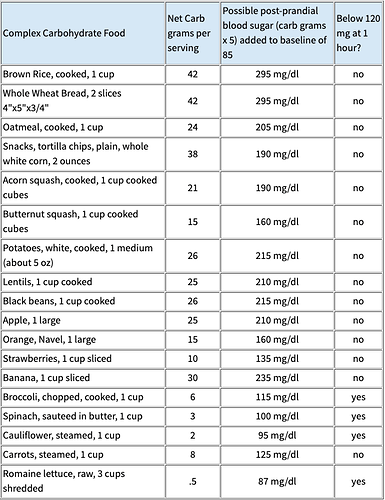Well, I almost hesitate to answer as I don’t want to create unrealistic expectations that might not be relevant. Everyone is so unique, as are our particular circumstances along the path. But I’ll share more details in hopes you can get proper context…
In my situation, the weight just kept steadily falling (slowly, mind you) without any noticeable pause or change in the rate of decline.
Please note that I didn’t face a “plateau” of any sort up to that point. I didn’t increase my calories to solve a problem. Instead, my concern was that, if I didn’t increase my calories, I’d be inviting my body to begin resisting my underfeeding it by slowing itself down.
I wasn’t hungry after meals and I was eating to satiety. But it didn’t seem like enough in mathematical terms, at least based on standard guidelines indicating that a man of my size needed over 2000 kcal/day, not 1400-1500.
I just thought it’d be smart to see if I could consume more calories (i.e, specifically fat) during that same IF eating window (usually 18:6 hrs or so) I’d been comfortably following for the longest time - well before I ever went keto.
And so, when I did “up” the calories, instead of stopping the weight loss, it just continued along the same slow and steady glide path downward. Except I had even more energy than before (!)
To clarify for more context, I’m not a plump guy to begin with; I’m about 5’ 9" and currently hover just under 145lbs. I’m pretty lean and fairly athletic for a 60+ yr old. In fact, I have no desire to be weighing less than I do; if you tried to detect any belly fat on me, you have to pinch around to find it. Otherwise, I’m reasonably “well-toned” for a thin-looking guy - you know, a runner’s physique (probably due to 25+ years of jogging)
I should probably also add that I’m blessed with good health… bloodwork indicates that I’m quite insulin sensitive, the lipids look great (Pattern A), blood pressure is quite low, take no Rx meds… and so those factors may contribute as there aren’t any health obstacles in the way or years of damage to undo.
Hope some of this additional context helps as it may be different than your current situation. Am eager to hear how things go for you!
Best wishes.



 ). Pull quote first:
). Pull quote first:
